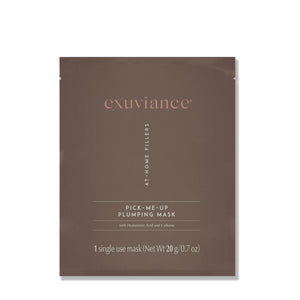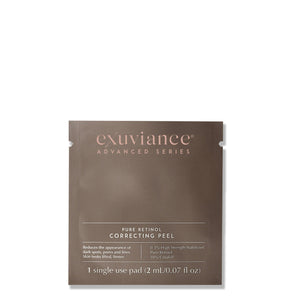Is your skin shiny an hour after you wash your face, especially on your forehead, nose and cheeks? Oily skin is a common skin concern for many people – including those who don’t have acne. Oily skin happens when the sebaceous glands in the skin make too much sebum. Sebum is the waxy, oily substance that protects and hydrates the skin. Too much sebum can cause oily skin, clogged pores, and acne. On the bright side, oily skin is also thicker and less likely to be sensitive or prone to wrinkles. The key is to find a balance between having too much oil and maintaining the skin’s natural moisture.
Oily skin symptoms:
- Shiny, greasy appearance
- Large pores
- Skin that appears rough
- Occasional or persistent pimples
- Clogged pores and blackheads
The causes of oily skin include genetic, environmental, and lifestyle factors. For women, oil production can vary with their monthly cycle and will decrease with age and lower estrogen levels in perimenopause and menopause. For men, the hormones that trigger more oil production (androgens) are at higher levels during the teen years and tend to decline in adulthood.
Resist the temptation to scrub – it will only irritate your skin, which can make it look worse.
Always remove your makeup before going to sleep.
You want cleansers, moisturizers and makeup that won’t clog your pores or cause acne.
Using a face wash that is too harsh can irritate your skin and actually trigger an increase in oil production. Stay away from oil-based or alcohol-based cleansers.
Although you have oily skin, it’s still important to keep your skin hydrated. Choose a moisturizer that also contains a broad-spectrum sunscreen with an SPF of 30 or higher.
Touching your face can spread dirt, oil and bacteria from your hands to your face. Only touch your face when you’re cleansing, moisturizing or applying sunscreen or makeup, and make sure your hands are clean first.
- Endly DC, Miller RA. Oily Skin: A review of Treatment Options. J Clin Aesthet Dermatol. 2017;10(8):49–55.
- How to control oily skin. https://www.aad.org/public/skin-hair-nails/skin-care/oily-skin
- Sakuma T, H, Maibach H, I: Oily Skin: An Overview. Skin Pharmacol Physiol 2012;25:227-235. doi: 10.1159/000338978




